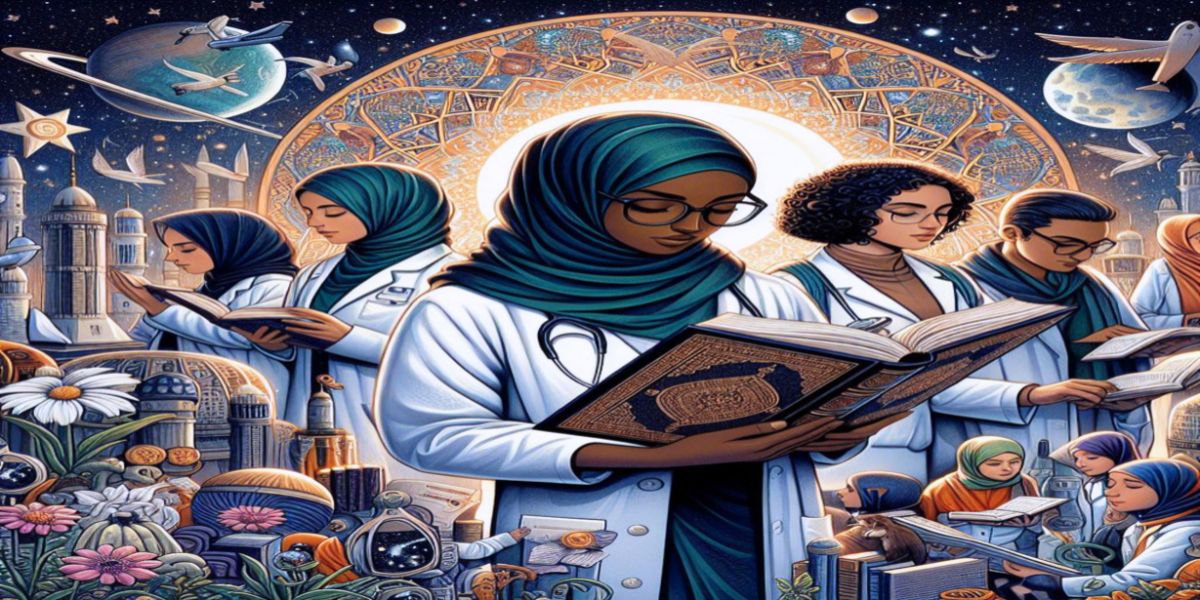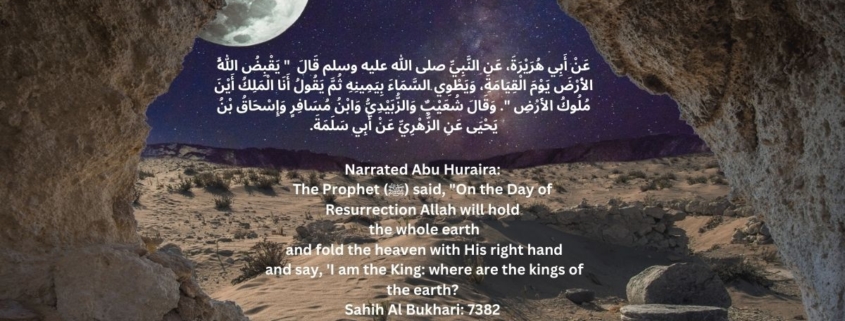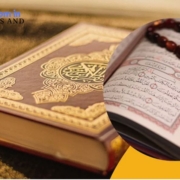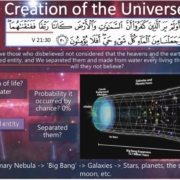Exploring Harmony: Relating the Quran with Science
In a world where science and faith are often perceived as conflicting realms, an intriguing intersection emerges when we delve into the relationship between the Quran and science. The Quran, the holy book of Islam, is revered by Muslims as the literal word of God, and its verses are believed to contain timeless wisdom. The intriguing aspect arises when one discovers parallels between the Quranic revelations and scientific discoveries, leading to a thought-provoking exploration of the harmony between faith and reason.
Alignment of Quranic Verses with Scientific Discoveries:
Numerous verses in the Quran seem to resonate with scientific principles that were discovered centuries after the revelation. For instance, the Quran describes the development of the human embryo in astonishingly accurate detail. Surah Al-Mu’minun (23:13-14) states, “We created the human being from a drop of fluid, a mingled egg, to test him; and we made him hearing and seeing.” Modern embryology has unveiled the intricate stages of human development, aligning with the Quranic description and providing believers with a perspective on the remarkable precision of the ancient text.
Additionally, the Quran touches upon cosmological concepts, such as the expansion of the universe. Surah Adh-Dhariyat (51:47) declares, “And the heaven, we constructed it mightily, and it is surely we who are expanding it.” This notion of an expanding universe corresponds with the Big Bang theory, a cornerstone of modern astrophysics. The Quranic verses, when considered in light of scientific discoveries, prompt contemplation on the prescient nature of the ancient revelations.

Scientific Inquiry as a Path to Understanding God’s Creation:
Rather than fostering a dichotomy between faith and science, the Quran encourages believers to contemplate the natural world and engage in scientific inquiry. Surah Al-Baqarah (2:164) invites reflection on the diversity of creation: “Indeed, in the creation of the heavens and the earth, and the alternation of the night and the day, and [in] the [great] ships which sail through the sea with that which benefits people and what Allah has sent down from the heavens of rain, giving life thereby to the earth after its lifelessness and dispersing therein every [kind of] moving creature, and [His] directing of the winds and the clouds controlled between the heaven and the earth are signs for a people who use reason.”
This verse emphasizes the importance of reason and observation as pathways to understanding God’s creation. The Quranic perspective encourages Muslims to seek knowledge and explore the intricacies of the natural world, fostering an appreciation for the scientific method.
Conclusion:
In exploring the relationship between the Quran and science, one discovers a harmonious coexistence rather than a clash of ideologies. The Quran, revered by Muslims as a divine revelation, offers insights that resonate with scientific discoveries, prompting contemplation on the compatibility of faith and reason. The alignment of Quranic verses with embryological developments and cosmological phenomena invites believers to see science as a means of understanding God’s creation. Ultimately, the intersection of the Quran and science provides a unique perspective that encourages both faith and reason to complement and enrich one another in the pursuit of knowledge and understanding.











